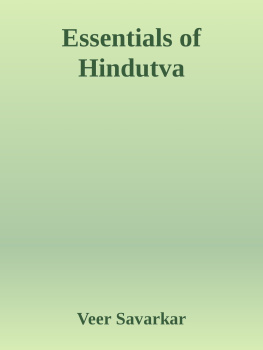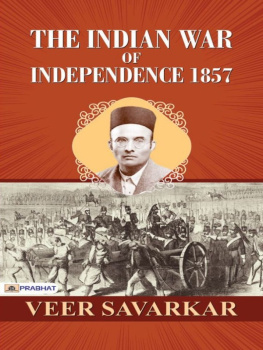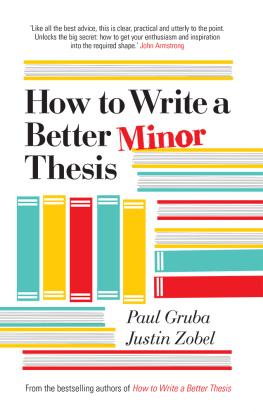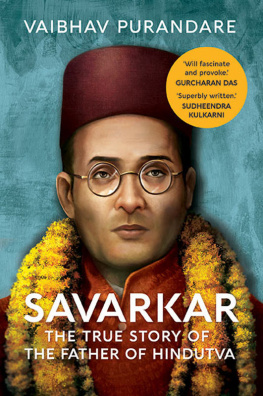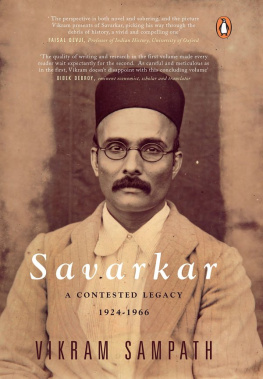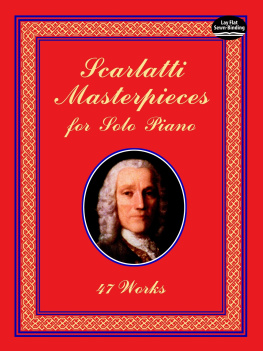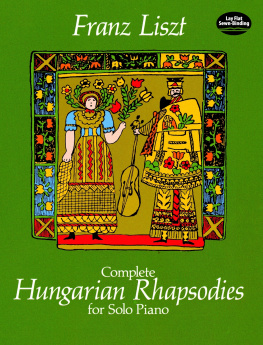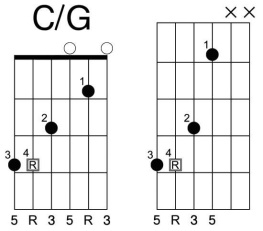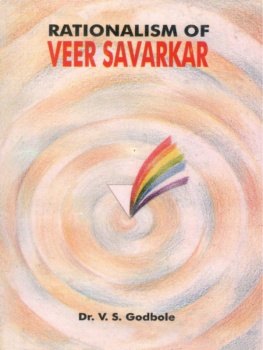Veer Savarkar - Essentials of Hindutva
Here you can read online Veer Savarkar - Essentials of Hindutva full text of the book (entire story) in english for free. Download pdf and epub, get meaning, cover and reviews about this ebook. genre: Romance novel. Description of the work, (preface) as well as reviews are available. Best literature library LitArk.com created for fans of good reading and offers a wide selection of genres:
Romance novel
Science fiction
Adventure
Detective
Science
History
Home and family
Prose
Art
Politics
Computer
Non-fiction
Religion
Business
Children
Humor
Choose a favorite category and find really read worthwhile books. Enjoy immersion in the world of imagination, feel the emotions of the characters or learn something new for yourself, make an fascinating discovery.
- Book:Essentials of Hindutva
- Author:
- Genre:
- Rating:5 / 5
- Favourites:Add to favourites
- Your mark:
- 100
- 1
- 2
- 3
- 4
- 5
Essentials of Hindutva: summary, description and annotation
We offer to read an annotation, description, summary or preface (depends on what the author of the book "Essentials of Hindutva" wrote himself). If you haven't found the necessary information about the book — write in the comments, we will try to find it.
Essentials of Hindutva — read online for free the complete book (whole text) full work
Below is the text of the book, divided by pages. System saving the place of the last page read, allows you to conveniently read the book "Essentials of Hindutva" online for free, without having to search again every time where you left off. Put a bookmark, and you can go to the page where you finished reading at any time.
Font size:
Interval:
Bookmark:
Essentialsof Hindutva
- by V.D. Savarkar
(Sometimebetween 1921-22 Veer Savarkar completedhis historic book Essentials of Hindutvawhile still in Andamans. This was later published under the pseudoname A Mahratta)
We hope that the fair Maid of Verona who made the impassioned appealto her lover to change 'aname that was 'nor hand, nor foot, nor arm, nor face, nor any otherpart belonging to a man'would forgive us for this our idolatrous attachment to it when we make bold to assert that, 'Hindus we are and love to remainso!' We too would, had we been in the position of that good Friar, have advised heryouthful lover to yield to the pleasing pressure of the logic which so fondly urged 'What'sin a name? That which we calla rose would smell as sweet by any other name!' For, things do matter more than their names, especially when you have to choose one only ofthe two, or when the associationbetween them is either new or simple. The very fact that a thing is indicated by a dozen names in a dozen human tongues disarms thesuspicion that there is an invariable connection or natural connection or naturalconcomitance between sound and the meaning it conveys. Yet, as the association of the word with the thing issignifies grows strongerand lasts long, so does the channel which connects the two states of consciousness tend to allow an easy flow of thoughts from oneto the other, till at last it seems almost impossible to separate them. And when in addition to this a number of sexondary thoughts or feelings that are generally roused bythe thing get mystically entwinedwith the word that signifies it, the name seems to matter as much asthe thing itself. Would the fair Apostle of the creed that so movinglyquestioned 'What's in a name?'have liked it herself to nickname the God of her idolatry as 'Paris'instead of 'Romeo'? Or would he have been ready to swear by the moon that 'tippedwith silver all the fruittree-tops,' that it would serve as sweet and musical to his heart tocall his 'Juliet' by 'anyother name' such as for example - 'Rosalind?' Nay more; there are words which imply an idea in itself extremely complex or an ideal or avast and abstract generalization and which seem to take, as it were, a being unto themselves orlive and grow as an organismwould do. Such namesthough they be 'nor hand, nor foot, nor any other part belonging to aman,' are not all that, precisely because they are the very soul of man.
Theybecome the idea itself and live longer than generations of man do. Jesus died but Christhas survived the Roman Emperors and that Empire. Inscribe at the foot of one of those beautiful paintings of 'Madonna' the name of 'Fatima'and a Spaniard would keep gazingat it as curiously as at any other piece of art; but just restore thename of 'Madonna' instead,and behold his knees would lose their stiffness and bend his eyestheir inquisitiveness and turn inwards in adoring recognition, and his whole being get suffused
with a consciousnessof the presence of Divine Motherhood and Love! What is in a name? Ah!call Ayodhya, Honolulu, or nickname her immortal Prince, a Pooh Bah,or ask the Americans to change Washington into a Chengizkhan, orpersuade a Mohammedan to
callhimself a Jew, and you would soon find that the 'open sesame' was notthe only word of itstype.
To this category of names which have been to mankind a subtle sourceof life and inspirationbelongs the word Hindutva, the essential nature and significance ofwhich we have to investigate into. The ideas and ideals, the systems and societies, the thoughts and
sentiments which have centered round this name are so varied andrich, so powerful and sosubtle, so elusive and yet so vived that the term Hindutva defies allattempts at analysis. Forty centuries, if not more, had been at work to mould it asit is. Prophets and poets, lawyers and law-givers, heroes and historians, havethought, lived, fought and died just to have it spelled thus. For indeed, is it not the resultant of countless actions- now conflicting, now commingling, now cooperating- of our wholerace? Hindutva is not a word but a history. Notonly the spiritual or religious history of our people as at times it is mistaken to be by being confounded with the other cognateterm Hinduism, but a historyin full. Hinduism is onlya derivative, a fraction, a part of Hindutva. Unless it is madeclear what is meant by the latter the first remains unintelligibleand vague. Failure to distinguish between these two terms has given rise to muchmisunderstanding and mutualsuspicion between some of those sister communities that haveinherited this inestimableand common treasure of our Hindu civilization. What is the fundamental difference in the meaning of these two words would be clear asour arguement proceeds. Here it is enough to point out that Hindutva is not identical with what is vaguely indicatedby the term Hinduism. Byan 'ism' it is generally meant a theory or a code more or less based on spiritual or religious dogma or creed. Had not linguistic usage stood in our way then 'Hinduness' would have certainly been a betterword than Hinduism as a nearparallel to Hindutva. Hindutvaembrases all the departments of thought and activity of the whole Being of our Hindu race. Therefore, to understand the significance of this term Hindutva, we must first understand the essential meaningof the word Hindu itself andrealize how it came to exercise such imperial sway over the hearts ofmillions of mankind andwon a loving allegiance from the bravest and best of them. But before we can do that, it is imperative to point out that we are by no means attemption a definition or even a description of the more limited, less satisfactoryand essentially sectarian term Hinduism. How farwe can succeed or are justified in doing that would appear as we proceed.
Although it would be hazardous at the present state of orientalresearch to state definitelythe period when the foremost band of the intrepid Aryans made ittheir home and lightedtheir first sacrificial fire on the banks of the Sindhu, the Indus,yet certain it is thatlong before the ancient Egyptians, and Babylonians had built theirmagnificent civilization,the holy waters of the Indus were daily witnessing the lucid andcurling columns of thescented sacrificial smokes and the valleys resounding with the chantsof Vedic hymns- thespiritual fervour that animated their souls. The adventurous valour that propelled their intrepid enterprizes, the sublime heights towhich their thoughts rose-all these had marked them out as a people destined to lay thefoundation of a great and enduring civilization. Bythe time they had definitely cut themselves aloof from their cognate and neighbouring people especially the Persians, theAryans, had spread out to thefarthest of the seven rivers, Sapta Sindhus, and not only had theydeveloped a sense of nationalitybut had already succeeded in giving it 'a local habitation and aname!' Out of their gratitude to the genial and perennial network ofwaterways that run through the land like a system of nerve-threads and wove them into a Being,they very naturally took to themselves the name of Sapta Sindhus an epithet that wasapplied to the whole of Vedic India in the oldest records of the world, the Rigveda itself. Aryans or the cultivators as
they essentially were, we can well understand the divine love andhomage they bore to theseseven rivers presided over by the River, 'the Sindhu'. which to themwere but a visible symbol of the common nationality and culture.
The Indians in their forward march had to meetmany a river as genial and as fertilizing asthese but never could they forget the attachment they felt and thehomage they paid to theSapta Sindhus which had welded them into a nation and furnished the name which enabled their forefathers to voice forth theirsense of national and cultural unity. Down to this day a Sindhu- a Hindu-wherever he may happen to be, will gratefully rememberand symbolically invoke the presence of these rivers that they mayrefresh and purify hissoul.
Next pageFont size:
Interval:
Bookmark:
Similar books «Essentials of Hindutva»
Look at similar books to Essentials of Hindutva. We have selected literature similar in name and meaning in the hope of providing readers with more options to find new, interesting, not yet read works.
Discussion, reviews of the book Essentials of Hindutva and just readers' own opinions. Leave your comments, write what you think about the work, its meaning or the main characters. Specify what exactly you liked and what you didn't like, and why you think so.

